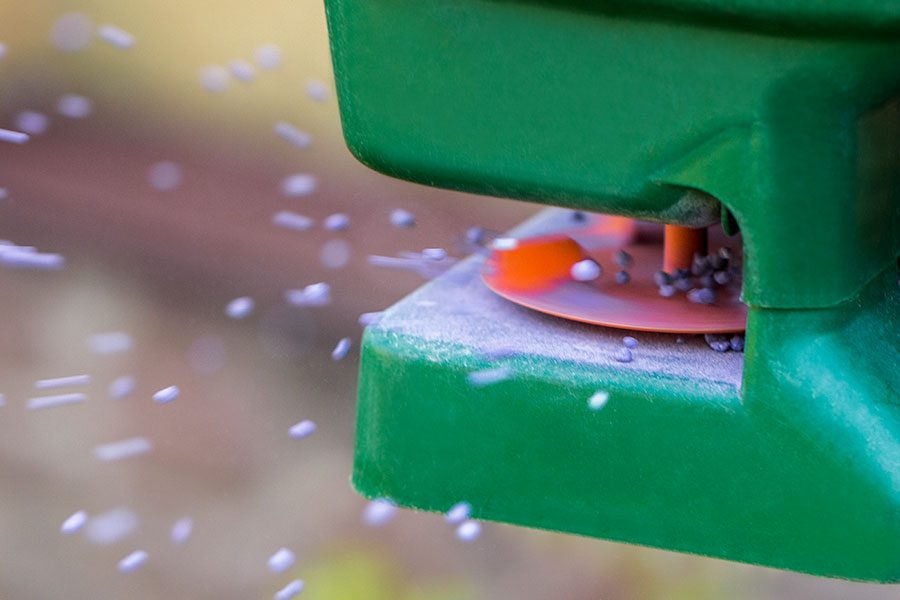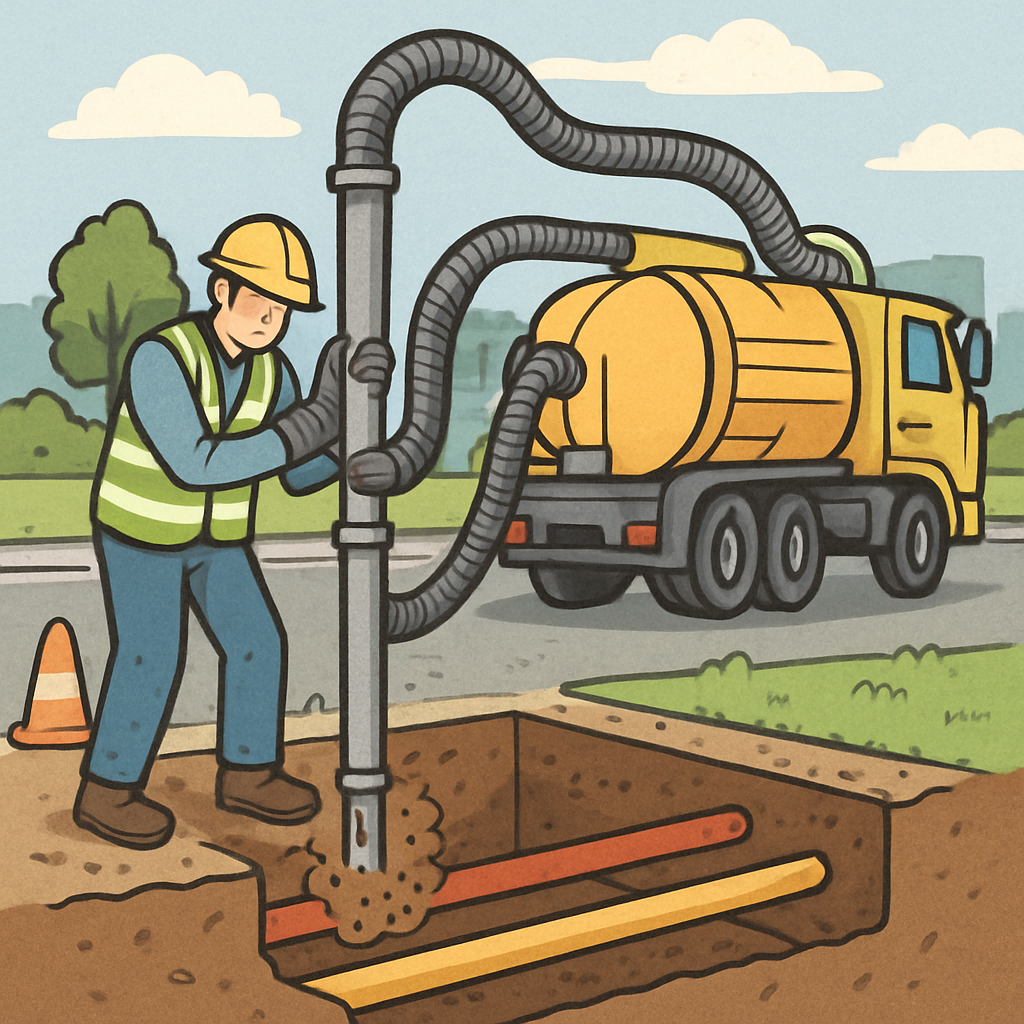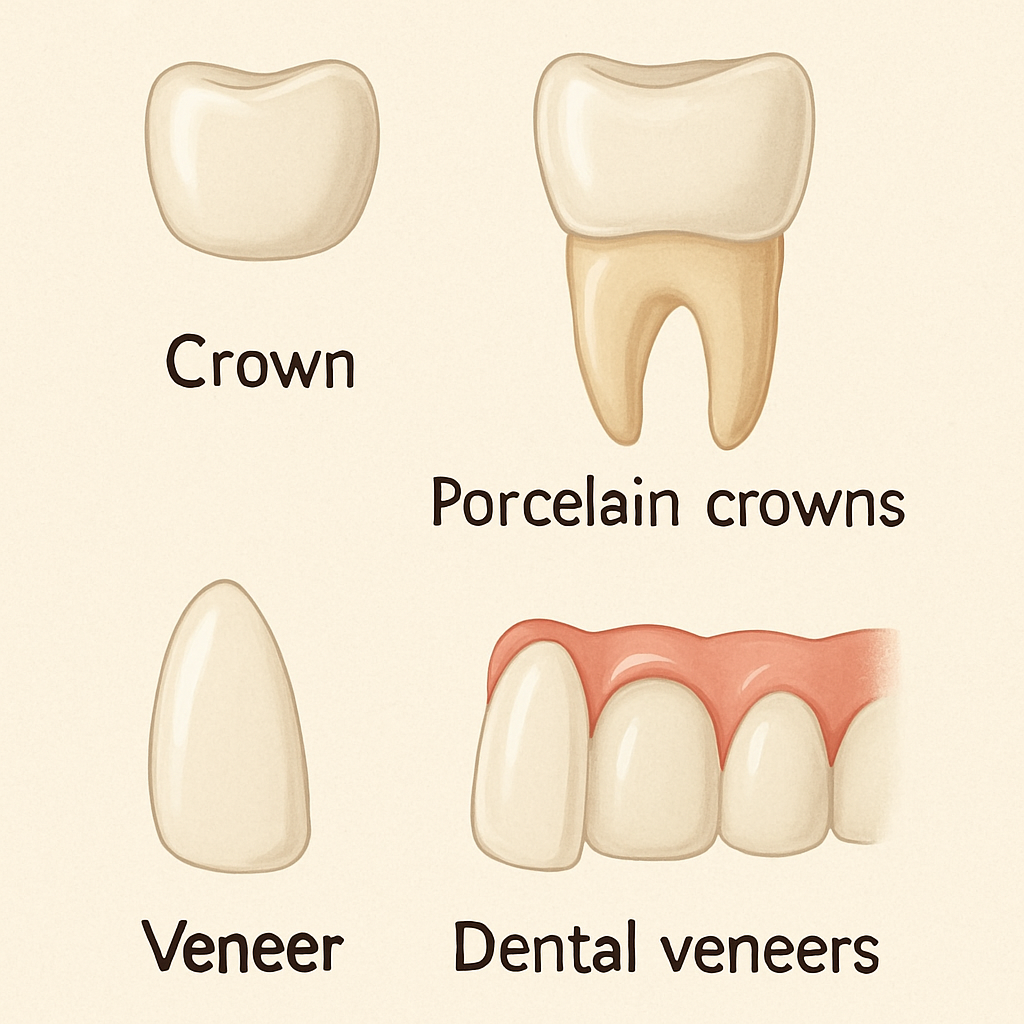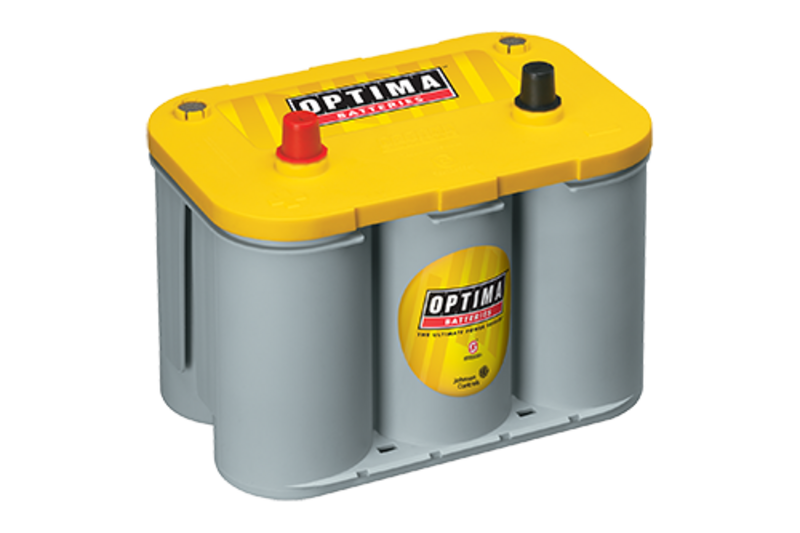Fertilising lawn? Which fertilizer should you choose for your lawn and when in the year is it best to fertilize? Here are the fertilizer tips you need for a well-kept and beautiful lawn.
A lush, green lawn is a sight to behold. It’s a testament to the care and effort put into its maintenance.
Lawn fertilisation plays a crucial role in achieving this. It’s more than just a routine task; it’s an art and a science.
Understanding the needs of your lawn, the nutrients it requires, and the right fertilisation schedule is key. It’s about striking a balance that promotes healthy growth.
This guide aims to shed light on the intricacies of lawn fertilisation. From the benefits of organic fertilisers to recognising nutrient deficiencies, we’ve got you covered.
Whether you’re a homeowner, a gardening enthusiast, or a landscape professional, this guide is for you. Let’s embark on this journey to a healthier, greener lawn.
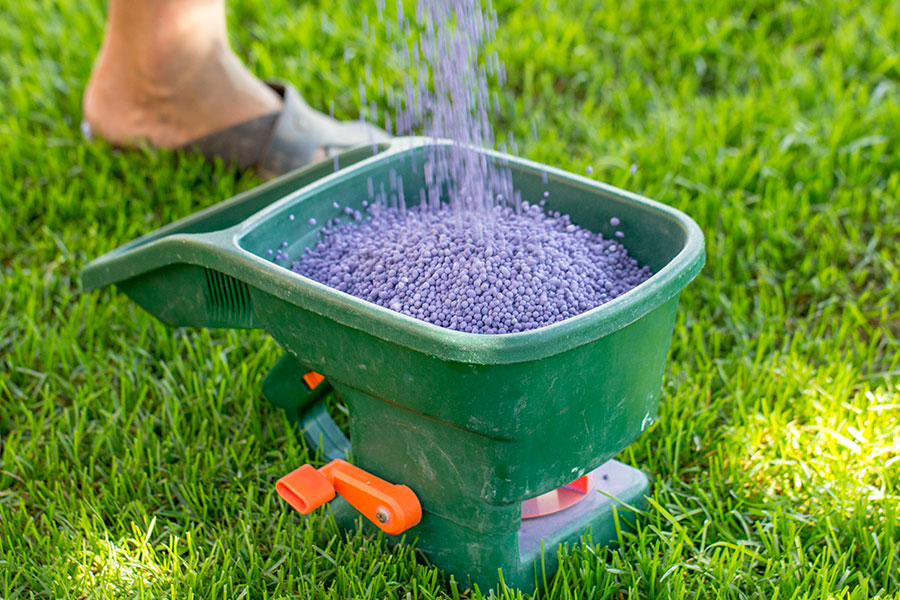
Understanding Lawn Fertilisation
Lawn fertilisation is more than just spreading nutrients on your grass. It’s a strategic process that contributes to the overall health and appearance of your lawn.
Fertilisers provide essential nutrients that your lawn may not be getting from the soil. These nutrients, primarily nitrogen, phosphorus, and potassium, are vital for grass growth and health.
However, fertilisation is not a one-size-fits-all process. The type of grass, the climate, and the soil’s nutrient content all influence the fertilisation needs of your lawn. A soil test can provide valuable insights into these needs.
Remember, over-fertilisation can be as detrimental as under-fertilisation. It can lead to nutrient runoff, which harms local waterways, and can cause “fertiliser burn” on your lawn. Striking the right balance is key.
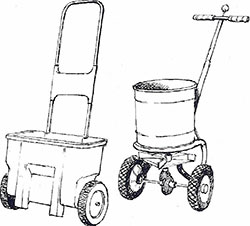
The Importance of Soil Health in Lawn Fertilisation
Soil health is a critical factor in lawn fertilisation. Healthy soil is teeming with beneficial microorganisms that help break down organic matter into nutrients that grass can absorb.
A soil test can reveal the pH level and nutrient content of your soil. This information is crucial in determining the right type and amount of fertiliser to use. For instance, if your soil is deficient in nitrogen, a fertiliser high in nitrogen would be beneficial.
Remember, organic fertilisers not only provide nutrients but also improve soil structure and promote microbial activity. This leads to long-term soil health, which is key to a lush, green lawn.
Read simple guide to avoid fertilisation mistakes >
Key Nutrients for Lawn Health: NPK Explained
When it comes to lawn fertilisation, three nutrients are of utmost importance: nitrogen (N), phosphorus (P), and potassium (K). These are often referred to as NPK in the world of lawn care.
Nitrogen is essential for promoting lush, green growth. It’s the nutrient that your lawn craves the most. Phosphorus, on the other hand, is crucial for root development and overall plant health. Potassium helps in strengthening the grass against diseases and extreme weather conditions.
Understanding the role of these nutrients is key to choosing the right fertiliser for your lawn. The NPK ratio on fertiliser bags indicates the percentage of each nutrient. For instance, a fertiliser with an NPK ratio of 10-5-5 contains 10% nitrogen, 5% phosphorus, and 5% potassium.
Organic vs Synthetic Fertilisers: Pros and Cons
When it comes to lawn fertilisation, you have two main options: organic and synthetic fertilisers. Each has its own set of advantages and disadvantages.
Organic fertilisers are derived from natural sources like plant and animal waste. They are rich in nutrients and beneficial microorganisms. These fertilisers improve soil structure and promote slow, steady grass growth. However, they may take longer to show results compared to synthetic fertilisers.
Synthetic fertilisers, on the other hand, are manufactured chemically. They provide nutrients quickly and can result in rapid grass growth. However, they may contribute to nutrient runoff, which can harm local waterways. Overuse of synthetic fertilisers can also lead to nutrient imbalances in the soil.
Choosing between organic and synthetic fertilisers depends on your lawn’s needs and your personal preferences. If you value quick results and have a nutrient-deficient lawn, synthetic might be the way to go. But if you’re looking for a long-term, environmentally friendly solution, organic fertilisers are a great choice.
How to Choose the Right Organic Fertiliser for Your Lawn
Choosing the right organic fertiliser for your lawn involves understanding your soil’s nutrient needs. A soil test can provide valuable information about the nutrient content and pH level of your soil. This information can guide you in selecting a fertiliser with the right nutrient composition.
Organic fertilisers come in different forms, including granular, liquid, and compost. Granular and liquid fertilisers are easy to apply and are available in various nutrient compositions. Compost, on the other hand, is a great source of slow-releasing nutrients and can improve soil structure.
Here are some factors to consider when choosing an organic fertiliser:
- Nutrient composition: Choose a fertiliser that provides the nutrients your soil needs.
- Form: Consider whether a granular, liquid, or compost fertiliser is most suitable for your lawn.
- Source: Look for fertilisers derived from high-quality organic materials.
Creating a Lawn Fertilisation Schedule
Creating a lawn fertilisation schedule is crucial for maintaining a healthy lawn. The schedule should take into account the type of grass, the climate, and the nutrient needs of your soil. For instance, cool-season grasses typically require fertilisation in the spring and fall, while warm-season grasses benefit from fertilisation in late spring or early summer.
A good fertilisation schedule also considers the type of fertiliser used. Slow-release organic fertilisers, for example, can be applied less frequently than fast-release synthetic ones. Over-fertilisation can lead to nutrient runoff, which can harm local waterways and wildlife.
Here are some general guidelines for creating a fertilisation schedule:
- Cool-season grasses: Fertilise in early spring and fall.
- Warm-season grasses: Fertilise in late spring or early summer.
- Slow-release fertilisers: Apply every 6-8 weeks during the growing season.
- Fast-release fertilisers: Apply every 4-6 weeks during the growing season.
Step-by-Step Guide to Applying Fertiliser
Applying fertiliser to your lawn is a straightforward process, but it requires careful attention to detail. The first step is to choose the right fertiliser for your lawn’s needs. This decision should be based on a soil test, which will reveal the nutrient levels in your soil.
Once you have the right fertiliser, you’ll need to apply it evenly across your lawn. This is best done with a spreader, which can be either a drop or broadcast type. A drop spreader releases the fertiliser directly below, while a broadcast spreader scatters it in a wider pattern. The choice between the two depends on the size and shape of your lawn.
After spreading the fertiliser, it’s important to water your lawn. This helps the nutrients penetrate the soil and reach the grass roots. However, avoid overwatering as it can wash away the fertiliser before it has a chance to be absorbed.
Finally, remember to clean your equipment after use. This prevents the fertiliser from corroding the metal parts of your spreader and ensures it’s ready for the next application.
Watering: The Critical Step After Fertilisation
Watering is a crucial step in the fertilisation process. It helps the nutrients in the fertiliser to dissolve and penetrate the soil, reaching the grass roots where they are needed most. However, it’s important to strike a balance. Overwatering can wash away the fertiliser before it has a chance to be absorbed, while underwatering can prevent the nutrients from reaching the roots.
Remember, the goal is to keep the soil moist, not waterlogged. A good rule of thumb is to water until the top 6 to 8 inches of soil are moist. This encourages deep root growth, which contributes to a healthier, more resilient lawn.
Recognising and Correcting Nutrient Deficiencies
Nutrient deficiencies can manifest in various ways in your lawn. Yellowing grass, slow growth, and thinning patches are common signs that your lawn may be lacking essential nutrients. It’s important to identify these signs early to prevent long-term damage to your lawn.
Correcting nutrient deficiencies starts with a soil test. This will help you understand what nutrients your soil is lacking. Based on the results, you can choose a fertiliser that contains the necessary nutrients. Remember, a balanced approach is key. Over-fertilising can be just as harmful as under-fertilising.
The Role of Composting in Lawn Fertilisation
Composting plays a significant role in lawn fertilisation. It enriches the soil, providing a rich source of nutrients that promote healthy grass growth. Compost also improves soil structure, enhancing its ability to retain water and nutrients.
Using compost in your lawn is a great way to recycle organic waste. It’s an eco-friendly fertilisation method that reduces the need for synthetic fertilisers. Plus, it’s cost-effective. You can create your own compost pile at home using kitchen scraps, yard waste, and other organic materials.
Seasonal Considerations for Lawn Fertilisation
The changing seasons impact your lawn’s fertilisation needs. Each season brings different weather conditions that affect grass growth and nutrient uptake. Understanding these seasonal changes can help you tailor your fertilisation schedule for optimal results.
In spring, lawns awaken from winter dormancy and start growing rapidly. This is a crucial time for fertilisation to support this growth. Summer brings heat and dry conditions, so fertilisation should be lighter to avoid stressing the grass. In fall, fertilising helps the grass recover from summer stress and prepare for winter dormancy. Winter fertilisation is generally not recommended, as most grass types are dormant and unable to utilise the nutrients.
- Spring: Heavy fertilisation to support rapid growth
- Summer: Light fertilisation to avoid stressing the grass
- Fall: Fertilisation to help the grass recover and prepare for winter
- Winter: No fertilisation, as most grass types are dormant
Avoiding Common Lawn Fertilisation Mistakes
Lawn fertilisation is not without its pitfalls. Common mistakes can hinder your lawn’s health and growth. By being aware of these, you can ensure your fertilisation efforts are effective and beneficial.
Over-fertilisation is a common error that can harm your lawn and the environment. Too much fertiliser can burn the grass and cause excessive growth, requiring more frequent mowing. It can also lead to nutrient runoff into local waterways, causing pollution. Always follow the recommended application rates on the fertiliser package, and consider using a slow-release organic fertiliser to reduce the risk of over-application.
Conclusion: The Holistic Approach to Lawn Maintenance
Lawn fertilisation is a critical aspect of lawn maintenance, but it’s not the only factor to consider. A holistic approach, considering all aspects of lawn care, will yield the best results. This includes proper mowing, watering, aeration, and pest management, along with fertilisation.
Remember, a healthy lawn is not just about aesthetics. It contributes to a healthier environment by improving soil health, reducing erosion, and providing habitat for beneficial insects. By following the guidelines in this article, you can maintain a lush, green lawn that is both beautiful and beneficial to the environment.


